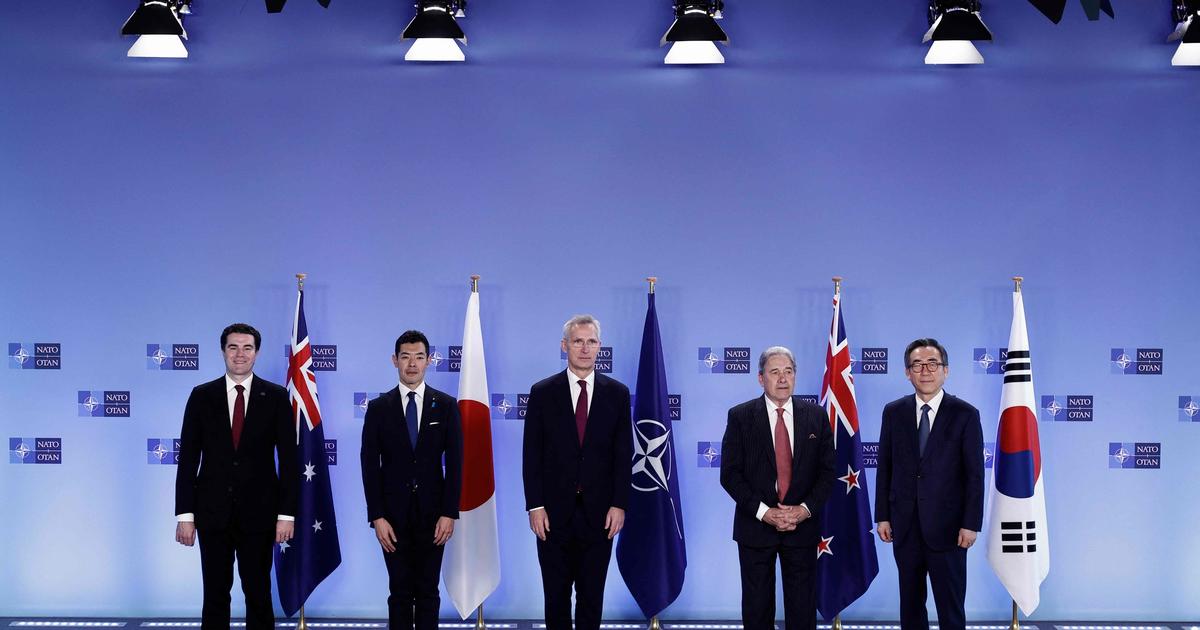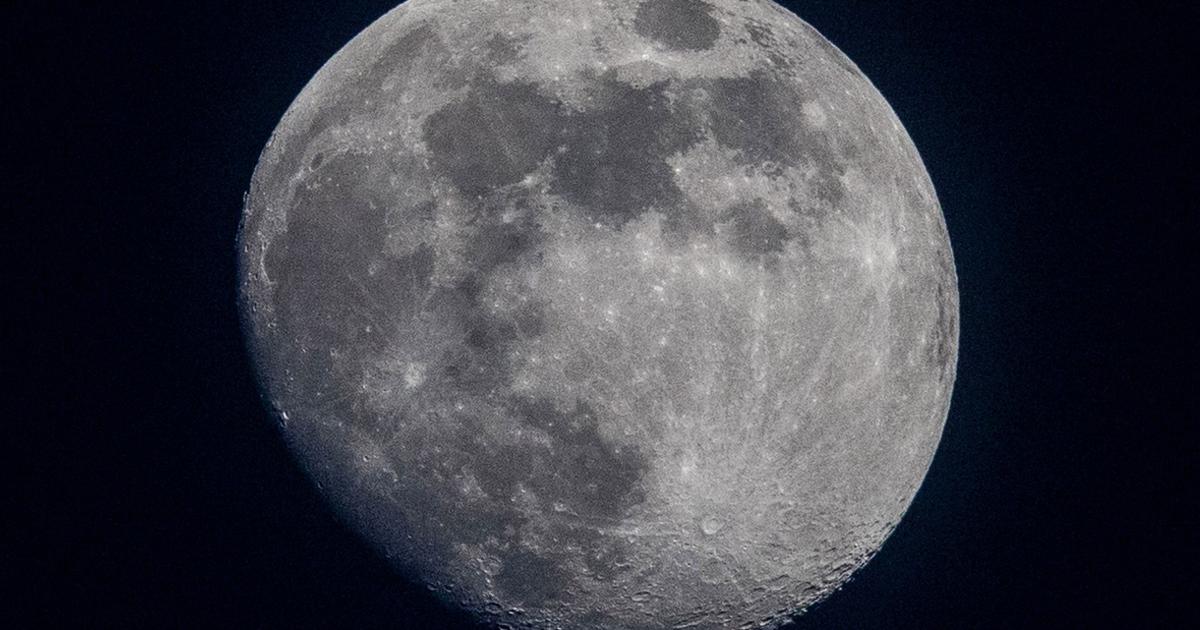Few countries have progressed so fast and in such a short time.
China is already the second power in the world, while in 2015 only half of the population in 24 developed countries conceived that this country could overshadow the United States in the near future.
But its rise has also multiplied mistrust of the Asian giant.
In a decade, Western public opinion has turned sharply against Beijing.
And nowhere has the turn been as marked as in the United States, the great rival.
Twenty years ago this was not the case, according to a Pew Research Center report published this Wednesday that analyzes the surveys on China carried out by the institution in the last two decades in the world.
In 2005, 43% of the inhabitants of the main power declared a favorable perception of China, while 35% admitted a bad opinion.
In 2014, a year after President Xi Jinping came to power, those numbers had been reversed, to reach 55% against and 35% in favor.
Currently, 82% declare themselves unfavourable.
The greatest mistrust is detected especially among Republican voters: in 2020, the number of those who confessed to having negative ideas about the rival country had increased by 20 percentage points.
The trend has been accentuated as a result of the outbreak of the covid pandemic in 2020. But it already existed.
“In the United States, the feeling that China mismanaged Covid and is to blame for the spread of the virus is related to negative views of the superpower, but it is not the only factor that generates those attitudes.
Rather, negative opinions about China were already growing before the pandemic”, motivated by elements such as the construction and militarization of artificial islets in the South China Sea or commercial disagreements, Pew points out.
In other countries, including China's neighbors, the trend is similar.
In Australia, mistrust has risen from 52% in 2002 to 86% today.
In South Korea, the negative perception has skyrocketed since 2017, when Seoul and Beijing experienced months of tension after the deployment of the US THAAD anti-missile system on South Korean soil, and exceeds 80%.
In Japan, it is 87%.
In Spain, where two decades ago only 21% of its residents thought badly about China, the negative sentiment now spreads among 63%.
"Unfavorable global views of China are amid concerns about China's human rights policies, its military might, and economic factors such as trade," the document said.
An average of 66% of residents in 19 advanced economies believe that China's influence in the world has been growing in recent years.
Only 12% believe that the Asian power has weakened.
Counterbalancing military alliances
Concern about Beijing's role abroad is especially notable in the United States.
The world's leading power has increasingly geared its foreign policy -since the famous announcement of the "turn towards Asia Pacific" announced by Barack Obama at the beginning of his first term (2009-2013)- to an increasingly harsh rivalry with China.
Washington carefully nurtures the informal alliance known as the Quad - the United States, Japan, Australia and India - which the Xi government interprets as an attempt to curb Chinese influence in Asia.
Last year, the White House announced in style the launch of a new military alliance, the Aukus (Australia, the United Kingdom and the United States).
Another movement on the geopolitical board, in the eyes of Beijing, to block its path in the region.
67% of Americans see China as a growing threat.
A jump of 19 percentage points in 2022. Similarly, the percentage of Americans who believe that one of their country's top priorities should be limiting Beijing's power and influence abroad has grown by at least 16 points.
In 2018, when the trade war between the two world giants broke out during the term of Donald Trump, 32% held that opinion.
In 2021, the proportion was 48%.
"More Americans also said it was important to limit China's power and influence than [those who thought it necessary] to limit the power of Russia, North Korea, or Iran," the report says.
Not all trends are negative for China.
Especially since the trade war with the United States in the era of Donald Trump, and after mutual accusations between the two governments as a result of the outbreak of the pandemic, Beijing has come to the conclusion that neither Washington nor its allies will ever tolerate China overshadows them.
Its foreign policy and its public diplomacy are oriented, on the contrary, to strengthen ties with the countries of the global south.
He proposes a new world order that gives more voice to these nations and has undertaken a series of
soft power initiatives,
such as the sale or donation of vaccines against covid.
This
soft power
policy motivates that among developing countries the perception can be very different.
Although the covid has made it difficult to conduct polls in those nations, before the outbreak of the pandemic, opinions were divided in sub-Saharan Africa, Asia or Latin America, the Pew Center points out.
In a range of countries, perceptions were overwhelmingly positive.
"Half or more of residents had favorable impressions of China in Brazil, Mexico, Argentina, Nigeria, Kenya and South Africa" in 2019, the last year they could be completed, the report said.
Follow all the international information on
and
, or in
our weekly newsletter
.

/cloudfront-eu-central-1.images.arcpublishing.com/prisa/3RG3USZDD344BHW5FN3JNOMKVA.jpg)





